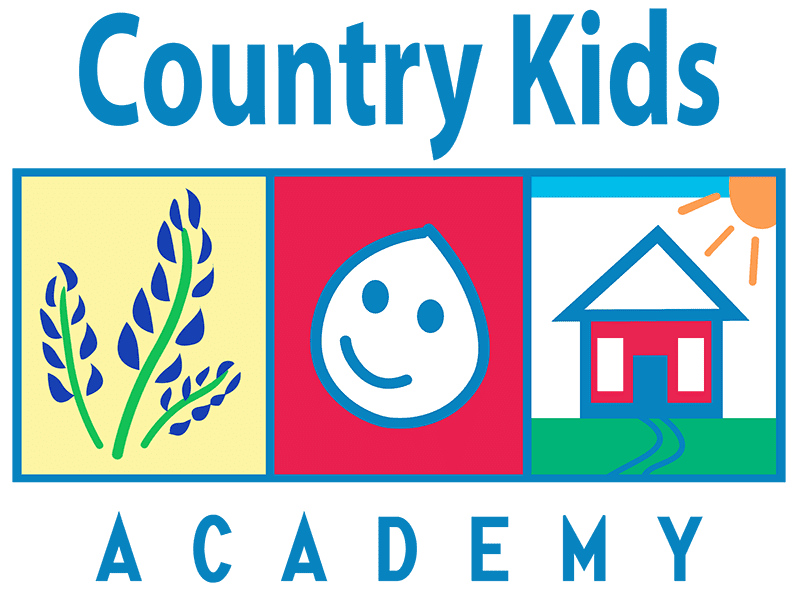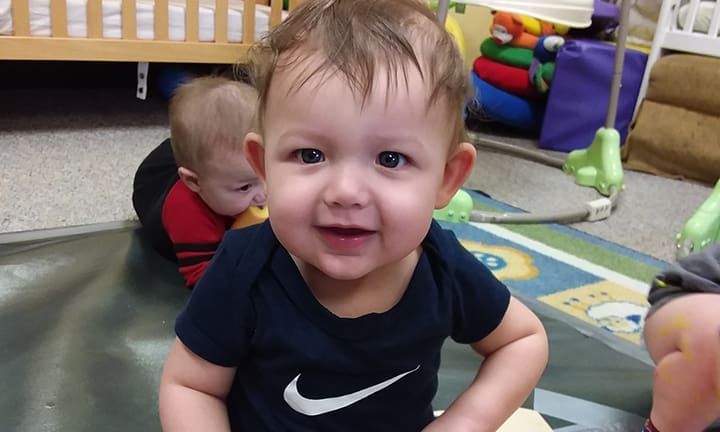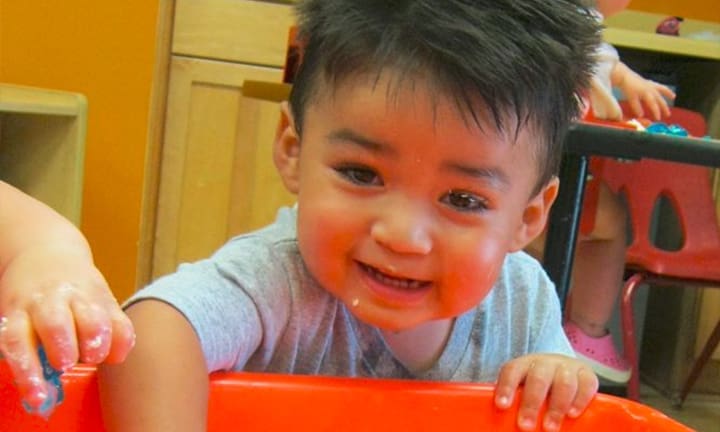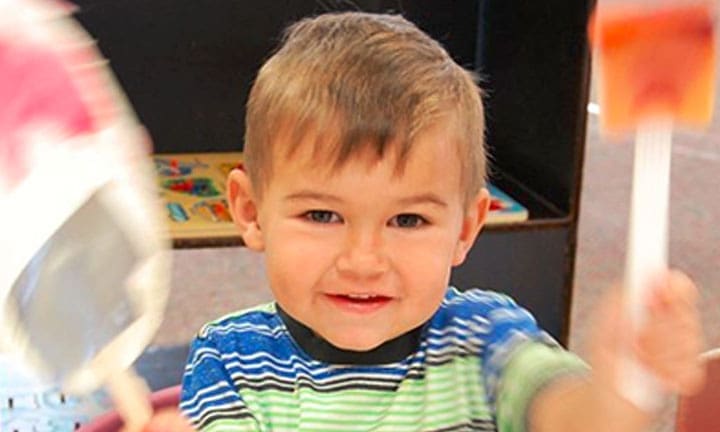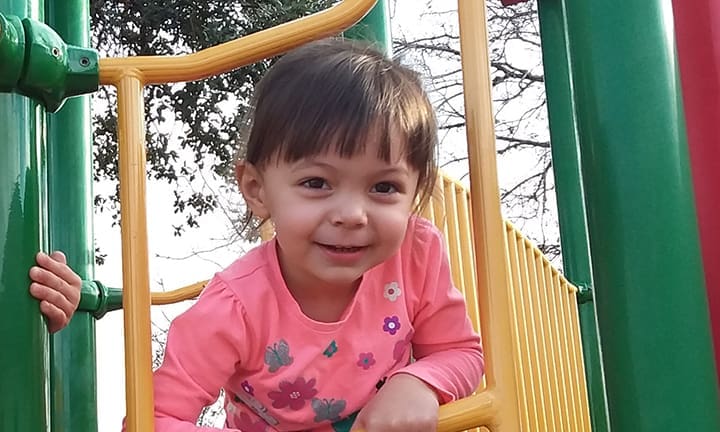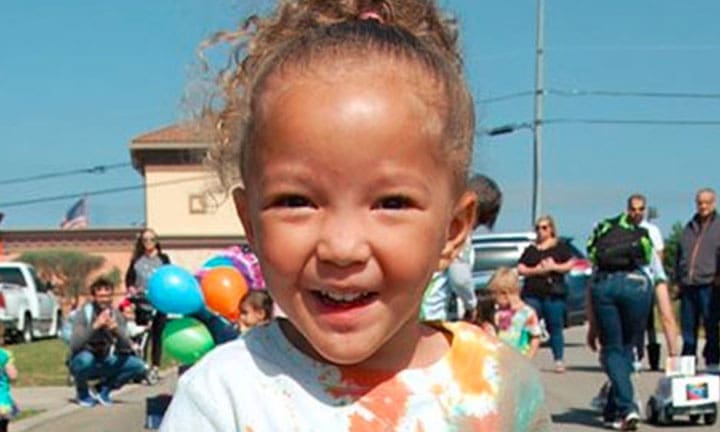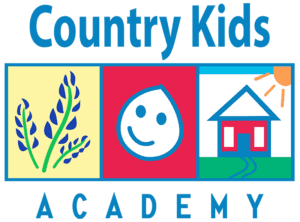Do you want to learn more about your preschooler’s day from your child? If your three-, four-, or five-year-old doesn’t eagerly offer a daily overview of their activities, take a look at the top ways to help your child open up and when to talk to the teacher.
Use Open-Ended Questions
Yes or no questions will get you exactly that — a yes or no. While your child is technically talking, a simple yes or no won’t help you to learn much about their pre-K day. Help your child to dig deeper and express themselves with a few open-ended questions.
Open-ended questions encourage your young child to think critically, explore their feelings, and use their growing vocabulary. Not only will these questions help you to learn more about your preschooler’s day, but they will also add to your child’s overall early education experience. Instead of ending the school day at pickup time, they’ll get to use the skills they develop in pre-K when they answer your open-ended questions.
If you’re not sure which types of open-ended questions to ask, think about what you want to know about your child’s school day. If you want to learn more about educational activities, ask your child, What did you do in the art area today?
But if you prefer to focus on social or emotional aspects of your child’s development, you might change the line of questioning and ask, Who did you play with during outdoor time today—and what did you play? or How do you feel about making new friends at school?
Get Specific With Questions
While general open-ended questions can help to start a conversation, your child may need more prompting. This is where specific or targeted questions come into play. Choose different content areas (such as art, science, math, social studies, or literacy) to focus on, or use a lesson plan or calendar from the teacher to guide your question choice.
Keep the Car Quiet
Is the car drive home from pre-K your favorite time to talk to your child about their day? Eliminate potential distractions and keep the car quiet during your post-school day conversation. Background noise, such as the radio, can make it harder for your preschooler to focus on what you’re asking or what they want to say.
Talk About Your Day
You want your child to open up about their day. But they may not know what to say. Set an example and model the type of conversation that you want to have.
If your child seems shy, quiet, or just refuses to talk, focus on your day. Tell your child what you did at work or share a funny story. Use words to describe how different parts of your day or different people made you feel. These words can help your child to develop new vocabulary skills.
Ask the Teacher
Are you stuck in a quiet car ride home pattern? Some children may resist or not feel ready to open up about their day. Your child also may not easily remember everything they did or might be confused about the specifics.
Younger preschoolers are developing a sense of time. According to the American Academy of Pediatrics (AAP), by age three, this sense may become clearer for many children. This means as your child moves through the pre-K years, they should develop the ability to explain their daily school routine or put activities in sequential order. But they may still need prompts to recall each event of the day.
If your child can’t recall the daily schedule of activities or won’t talk about their day, or you’re not sure what to ask, ask the teacher for help. The early childhood educator can provide you with the daily schedule for conversation-related reference and may offer tips for talking to your child about their school day.
Do you want to learn about early childhood education? Contact Country Kids Academy for more information.
